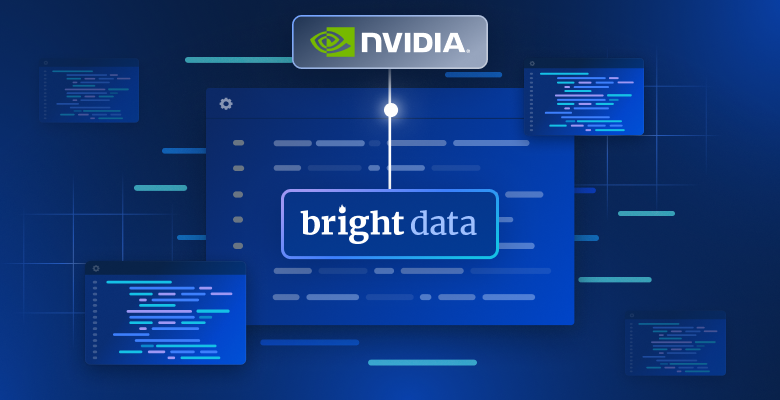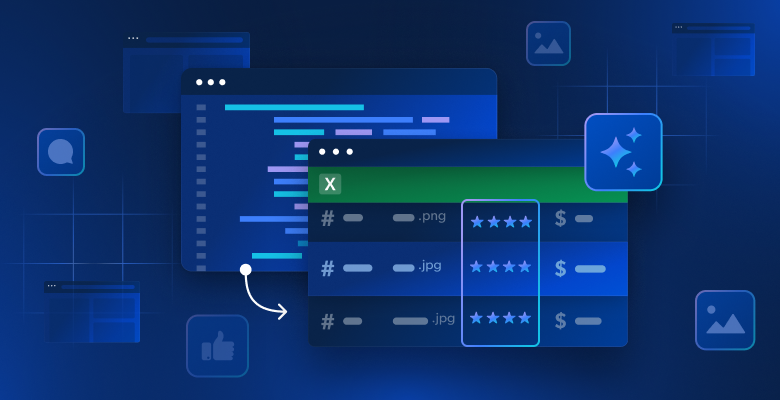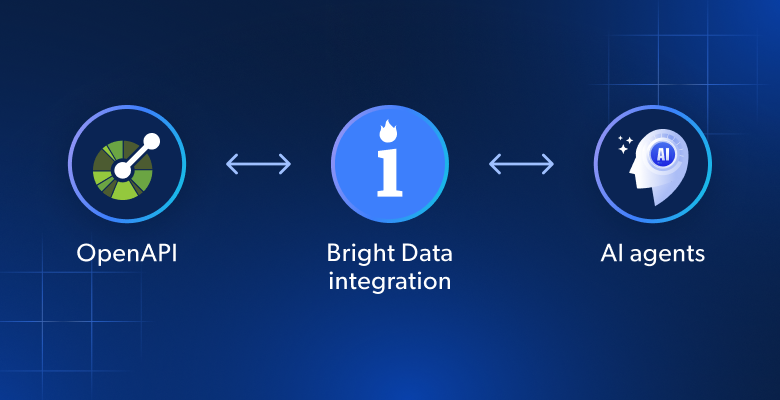访问许多网站时,会出现一个小弹窗询问“您是否接受该网站的Cookie?”
网站会在您进入其域名时考虑您的IP地址、用户代理、之前接受的Cookie和其他个人数据。这些数据用于确定显示信息的语言、显示图像的大小以及如何使您在其网站上的体验更加个性化。
什么是HTTP Cookie和Web存储?
HTTP Cookie是一种存储在浏览器中的网络存储形式。其目的是在一个请求中存储从服务器接收的数据,并在后续请求中将其发送回服务器。当您在网上购物并希望网站记住购物车中的内容时,Cookie非常方便。
Web存储是JavaScript在浏览器中存储数据的一种机制。与Cookie一样,Web存储对每个来源是独立的。Web存储对服务器完全不可见,并且提供比Cookie更大的存储容量。
Web存储有两种类型:
本地存储:在所有窗口的所有标签页中可见,即使浏览器关闭也会继续存在。
会话存储:仅在创建它的标签页中可见,当该标签页关闭时,它会消失。
不同类型的本地Web存储:
IndexedDB:用于在浏览器中存储大量数据,并可以存储与服务器上任何数据无关的结构化数据。
Evercookies:利用多个存储区域。这些存储区域对用户不太透明,更难清除,并且更容易看到设备的唯一用户ID。
僵尸Cookie:是删除后重新创建的HTTP Cookie。这些Cookie可以收集浏览器历史记录,通常会重新生成。
在参与网页抓取操作时,了解Cookie和Web存储的工作原理可以帮助您克服许多常规的阻止技术。通过使用正确的Cookie组合,您可以在每次请求时模拟一个完全不同的用户。
唯一无法编程改变的是您的IP地址。通过使用正确的代理网络,您可以轻松克服常规的IP阻止技术。要了解更多关于掌握阻止技术的信息,请联系您的Bright Data销售代表!
支持支付宝等多种支付方式





